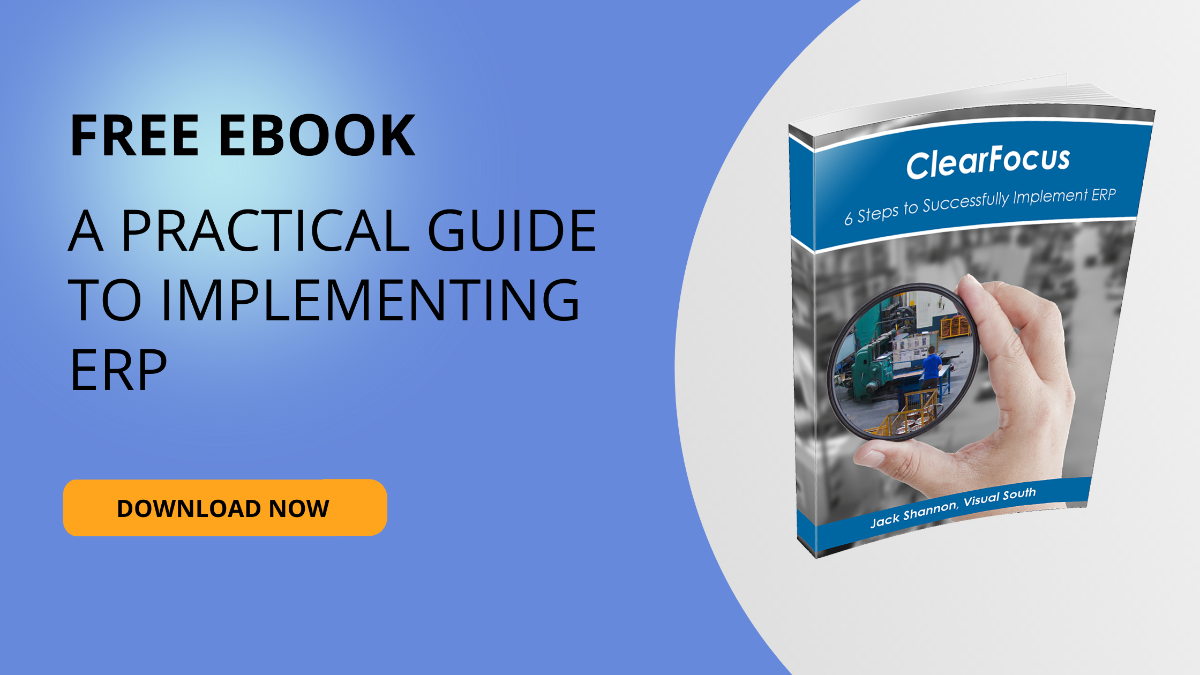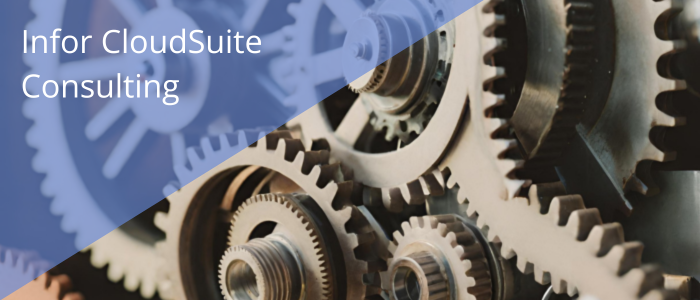When looking for a new ERP solution, most companies are seeking to fix areas of the business that are struggling. Some companies may not have an ERP and want to move away from spreadsheets and QuickBooks. Others have an ERP that is not performing in a manner that meets the organization’s needs.
The purpose of this blog is to highlight benefits of an ERP, beyond the features and functionalities that come with the solution, to help those looking for a new ERP to choose the right solution. Below are some of the benefits according to leading industry professionals.
Benefits of ERP
1. Enhanced Efficiency and Productivity: One of the primary advantages cited by industry professionals is the significant improvement in efficiency and productivity. ERP solutions eliminate the time-consuming manual processes, reduce errors, and accelerate workflows by centralizing data and automating repetitive tasks. This efficiency of an ERP allows employees to make business decisions from trusted data, driving overall productivity gains within the company.
2. Improved Decision-Making: Access to real-time data and comprehensive analytics is another key benefit professionals highlight. ERP solutions provide executives and managers with actionable insights into various aspects of the business, enabling informed decision-making. Whether it's resource allocation, inventory management, or financial planning, the ability to make data-driven decisions empowers companies to stay agile and responsive in dynamic market conditions.
3. Streamlined Operations and Cost Reduction: Cost efficiency is crucial for businesses of all sizes. ERP solutions optimize operational processes by standardizing workflows. Companies can achieve significant cost savings over time by consolidating siloed departments and solutions into integrated platform.
Mitch Summerfield, president at Oliver said, “By implementing the solution from Infor, we were able to put in a system that enables us to manage our growth and better enabled us to project our demand and trends. We’ve seen great improvements in all our KPIs as a result.”
4. Enhanced Customer Experience: In today's competitive landscape, delivering exceptional customer experiences is paramount for business success. ERP solutions facilitate seamless communication across departments, enabling companies to respond quickly to customer inquiries, fulfill orders promptly, and provide personalized services. By improving service levels and fostering stronger customer relationships, ERP contributes to long-term customer satisfaction and loyalty.
David Hawkins, chief executive officer of El Dorado Packaging, said, “The key for ERP is having an integrated solution that has the functionality and ease of use we need today, with the capabilities we can grow into, to meet our business needs. It also has to be cost-effective, support multiple locations easily, and provide the data access and analytics we need to manage our business.”
5. Scalability and Flexibility: As businesses grow and evolve, scalability becomes a critical requirement. Finding an ERP solution that offers the scalability and flexibility to adapt to changing business needs in the future prevents the company from having to look for another ERP 10 years from now. Companies need to make whatever ERP they choose have modules or add-on solutions that are future-proof for the business.

6. Improved Supply Chain Management: The supply chain is essential for maintaining operational continuity and meeting customer demands. An ERP solution that can optimize supply chain management by providing visibility into inventory levels, demand forecasting, and supplier performance can give a business a leg up on the competition. ERP solutions with supply chain features and function sets can give visibility and control to minimize out-of-stock materials, reduce lead times, and optimize inventory levels, improving overall supply chain efficiency for the company.
In conclusion, embracing the appropriate ERP solution can unlock the advantages for a company striving to optimize its operations, boost productivity, and foster expansion. As professionals across industries increasingly tap into the potential of ERP systems, it’s crucial to not just focus on the surface-level features, but also to delve into how the ERP can fuel innovation and cultivate competitive advantages for your organization.









